Heart disease causes 1/4 of the deaths every year. One in four! It’s smart you are here, because knowing these 16 telltale signs is the first step to saving your life from this dreaded disease.
1. Chest Discomfort

This is the most common sign of heart danger, and people describe it as pinching, burning, tightness, pressure or even like an elephant sitting on their chest. Chances are, you have a blocked artery or are having an actual heart attack. If one of these feelings lasts longer than a few minutes, whether you are resting or being active, call 911. Women have been known to have heart attacks without experiencing any chest pain, and instead women will experience. . . (See #2)
2. Nausea, Indigestion, Heartburn, Or Stomach Pain

The discomfort may not present itself in the chest. It might show up as nausea, indigestion, heartburn, or a stomach pain. It might even cause you to throw up. These are the more common signs in women. Of course, there are other causes of these symptoms, so do not panic if you have indigestion or get nauseated. But be aware that these are symptoms people experience during heart attacks.
CLICK HERE TO SEE HOW YOU CAN PROTECT YOUR HEART FROM THE CARDIAC KILLER.
3. Shortness Of Breath

This is a common symptom of heart disease. If you have a difficult time breathing when you lay down at night, or if you need to prop yourself up with pillows to breathe easier, this could be a warning sign. The problem might be that your heart is not pumping effectively, preventing the blood from circulating properly. The blood then backs up in the vessels between the heart and lungs and can leak into the lungs. This makes the simple task of breathing a challenge. It also makes calling your doctor a priority. If you experience severe, persistent shortness of breath, call 911. Be sure to read # 13.
4. Sweating
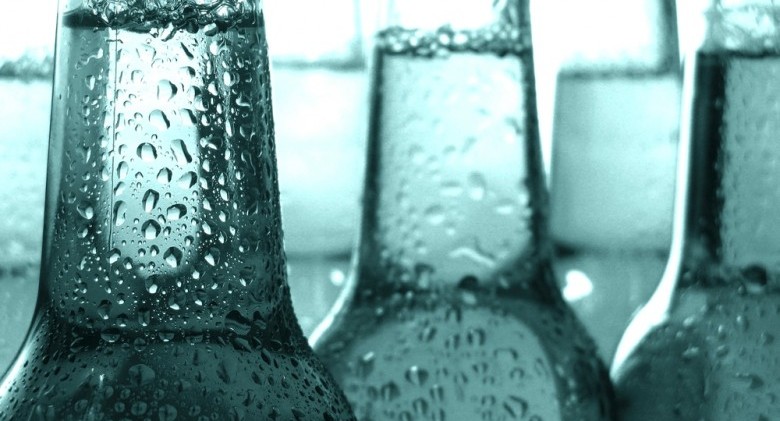
If you break out in a cold sweat and there’s no apparent reason, something is wrong. Sweating is the natural way to keep your body cool during exertion. If you are not exerting your muscles but you are sweating, it might be because your heart is working extra hard to pump blood through clogged arteries. The sweat is your body’s attempt to regulate your body temperature during your heart’s difficult workout. Clammy hands are also a sign, and night sweats are more common among women. If you experience sweating along with another sign, call 911.
WATCH HOW TO PRESERVE YOUR HEART 24/7, 365 DAYS OF THE YEAR.
5. Exhaustion
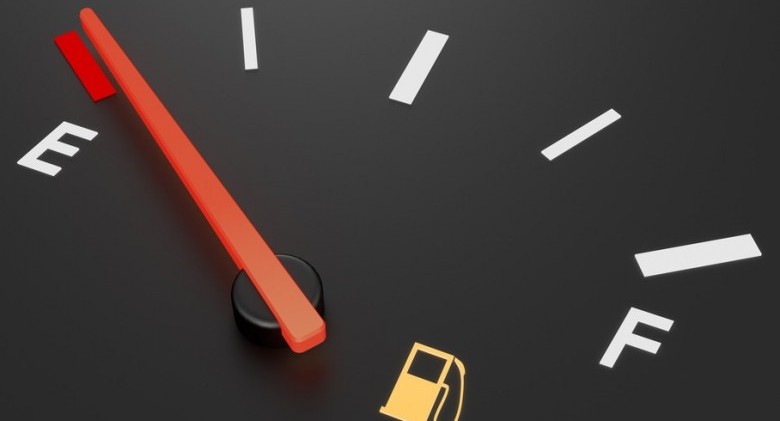
If you suddenly feel fatigued or winded after doing routine activities that normally do not give you a problem, this could be a warning sign. You should call your doctor to get checked. The exhaustion might be extreme and isolated or it might last for days. If it’s heart-related, it’s because the heart can’t pump enough blood to meet the demands of the muscles you are using. This symptom is more common in women.
6. Pain That Spreads To The Arms
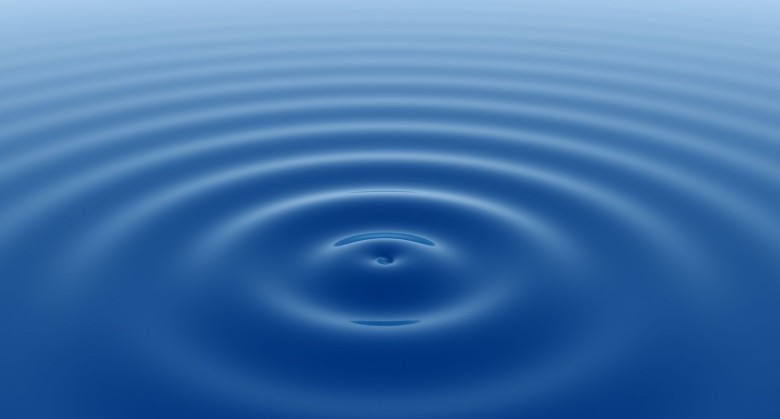
Pain that spreads from your chest to your arm or down the left side of your body is another classic sign of a heart attack already in progress. Sometimes, the pain might come and go. What is causing the pain? When the heart is deprived of oxygen, it sends out a distress messages throughout the nervous system. When the messages reach the brain, the brain interprets them as pain coming from the arm (or jaw, neck, or upper back. See # 16.). Essentially, anywhere from “the neck to the naval,” as one Mayo Clinic cardiologist said.
CLICK HERE TO SEE HOW YOU CAN PROTECT YOUR HEART FROM THE CARDIAC KILLER.
7. Dizziness
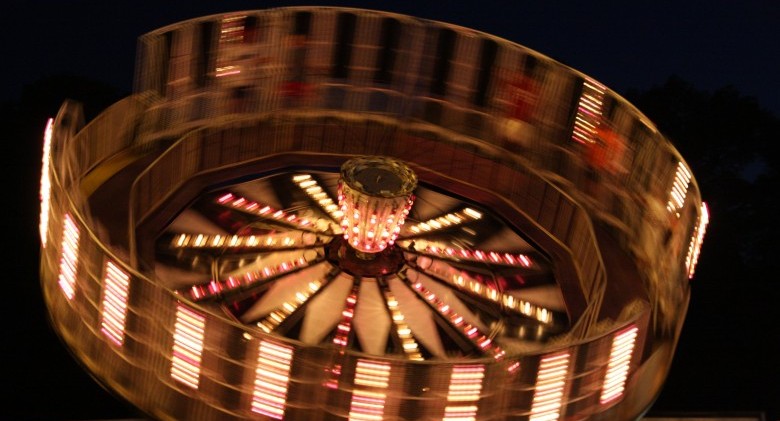
If you suddenly feel dizzy or lightheaded, it could be because you didn’t eat breakfast. (That is, don’t panic and think you’re automatically having a heart attack.) But if the dizziness is combined with shortness of breath (#3) or chest discomfort (#1), it’s time to pick up the phone. Blood flow to the brain can be reduced when the heart rate or rhythm is too slow or too fast, like in cases of a heart attack. Less blood to the brain means less oxygen to the brain and that is a recipe for dizziness, or #12.
8. Palpitations

If your heart flutters, pounds or races, you’re experiencing atrial fibrillation. When the atria beat rapidly and irregularly, blood is more likely to clot because it’s not flowing through the atria as quickly as it should. People with atrial fibrillation are five to seven times more likely than the general population to suffer a stroke. Atrial fibrillation combined with a prolonged fast heart rate (days to months) can result in heart failure because the heart’s pumping ability is decreased. If you also experience any of the other symptoms you’ve read here, call your doctor right away.
WATCH HOW TO PRESERVE YOUR HEART 24/7, 365 DAYS OF THE YEAR.
9. Fainting
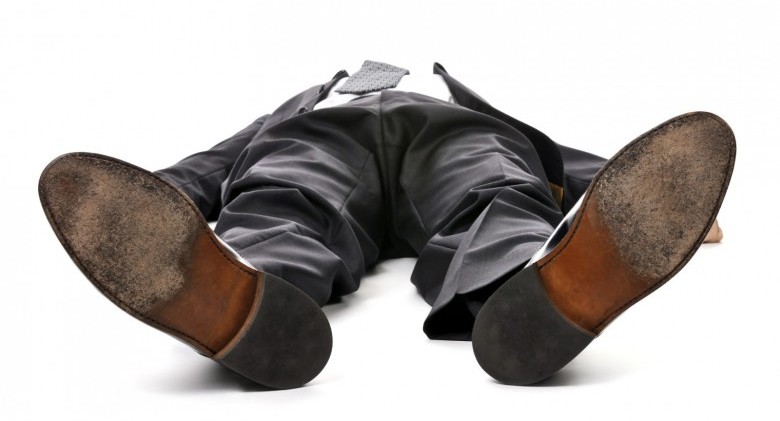
Technically called syncope, more commonly known as “passing out” or “fainting,” this is usually related to the temporary, insufficient flow of blood to the brain. It most often occurs when the blood pressure is too low and can happen if you stand up too quickly—not cause for concern. However, if you pass out for no apparent reason, it could be because your heart is not pumping a normal supply of blood to the brain. This is cause for concern and means it’s time for a check up.
10. Throat, Jaw or Back Pain
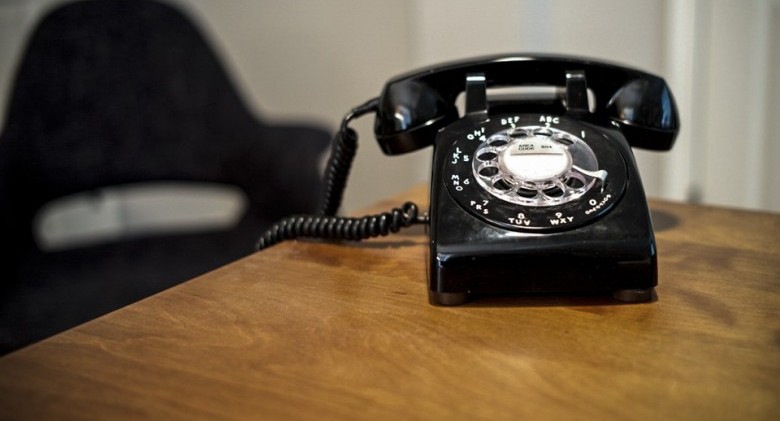
It’s called “referred pain.” You feel pain in a part of your body that is not the actual source of the pain. In distress, the heart dials 911 on the nervous system hotline. When the message reaches the brain, the brain thinks it’s a pain message coming from somewhere other than the heart. Then the throat, jaw, arm, back or wherever feels the pain. If it lasts for more than a few minutes with no apparent cause, then that’s cause for you to call 911 or your doctor.
CLICK HERE TO SEE HOW YOU CAN PROTECT YOUR HEART FROM THE CARDIAC KILLER.
Now Watch This Video And Learn What You Can Do About Heart Discomfort.

Watch 4 Heart Attack Warning Signs
[Featured image credit: internetsupermall.co]
